
Humans are still the weakest link in information security
According to a new report, more than half of all C-suite executives (53 percent) and 28 percent of small business owners who suffered a data breach say that human error or accidental loss by an external vendor/source was the cause.
The annual data protection report from information security service Shred-It also finds 21 percent of executives and 28 percent of small business owners admit deliberate theft or sabotage by an employee/insider was the cause of the data breach.

OpenMandriva Lx 4.0 Linux distro is here, and there is a special AMD-only version
Today, there is some great news for the Linux community -- OpenMandriva Lx 4.0 is now available! This KDE-focused distribution should have you very excited.
The default web browser browser has been changed in 4.0 -- it is now the Chromium-based Falkon, which promises better KDE integration. Don't worry, you can install Firefox or Chrome if needed.
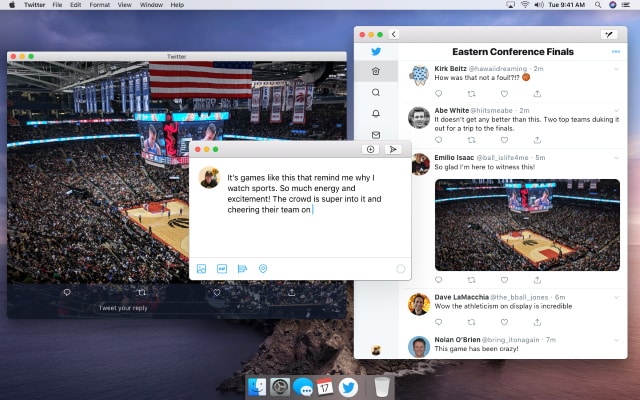
The Twitter app is returning to macOS
For more than a year, macOS users have been without an official desktop Twitter client -- more on that shortly. But now, thanks to Project Catalyst for macOS 10.15 Catalina, a Twitter app is making its way back to Mac.
Twitter says that Apple's Project Catalyst means that it has been easy to use the code from the iOS version of the client to create a native macOS app. The company has also revealed just why it was the Mac Twitter client disappeared in the first place.
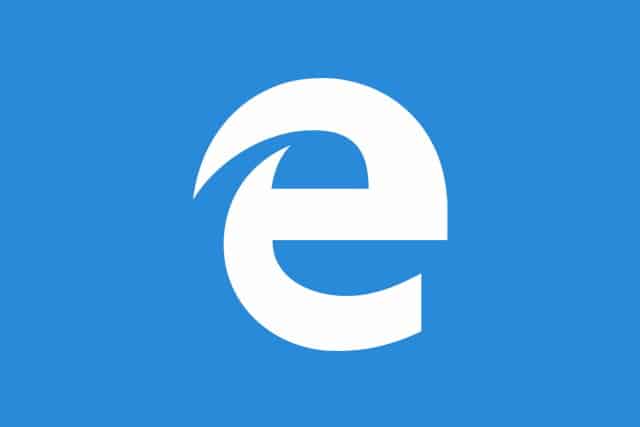
Microsoft Edge could come to Linux
Not so long ago, the idea of Microsoft releasing an internet browser for Linux would seem to be out of the question. But in recent years, Microsoft's love of Linux has grown exponentially.
Now, having not only started to embrace the Chromium engine for Microsoft Edge, the company is also not ruling out releasing Edge for Linux. It could be argued that Edge on Linux is something that no one -- or at least very few people -- yearn for, but the Microsoft Edge development team has revealed that releasing a Linux-friendly version is something that it would "like to do".
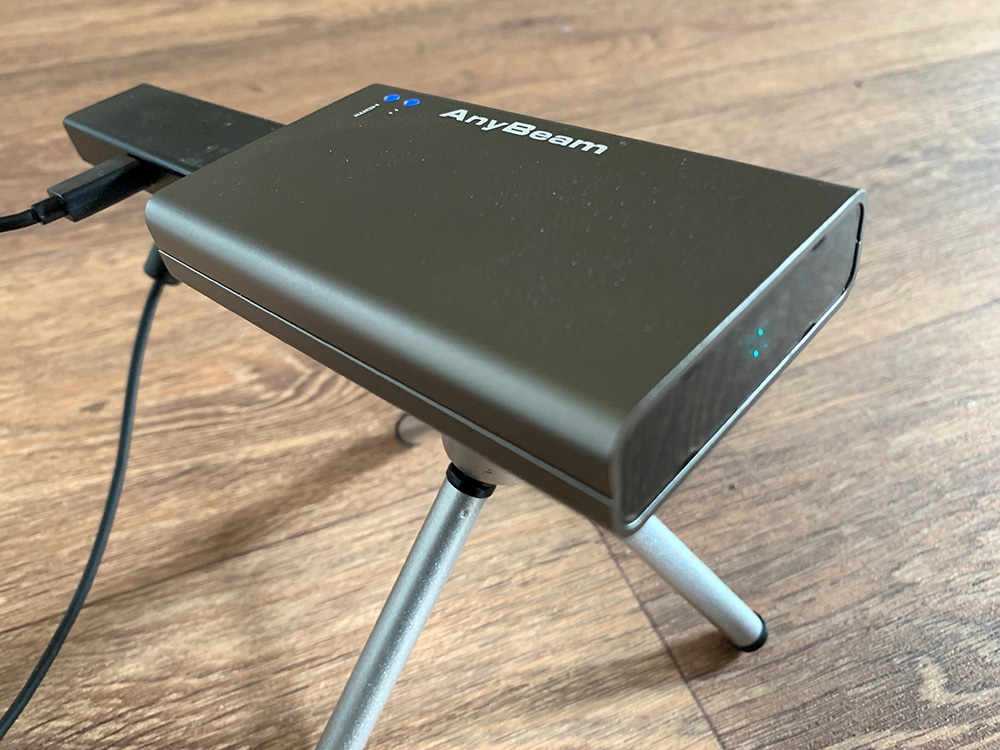
Nebra AnyBeam: A Raspberry Pi powered home cinema projector you can fit in your pocket [Review]
Before large screen televisions and 4K content became a thing, I used to enjoy watching films projected onto a white wall at home. I had a Canon projector hooked up to my PC with surround sound, and it was like having a personal cinema.
Technology has moved on quite some way since then, and you can now buy reasonable quality projectors for a fraction of the price. Case in point is Nebra AnyBeam, a Raspberry Pi powered pocket sized projector.
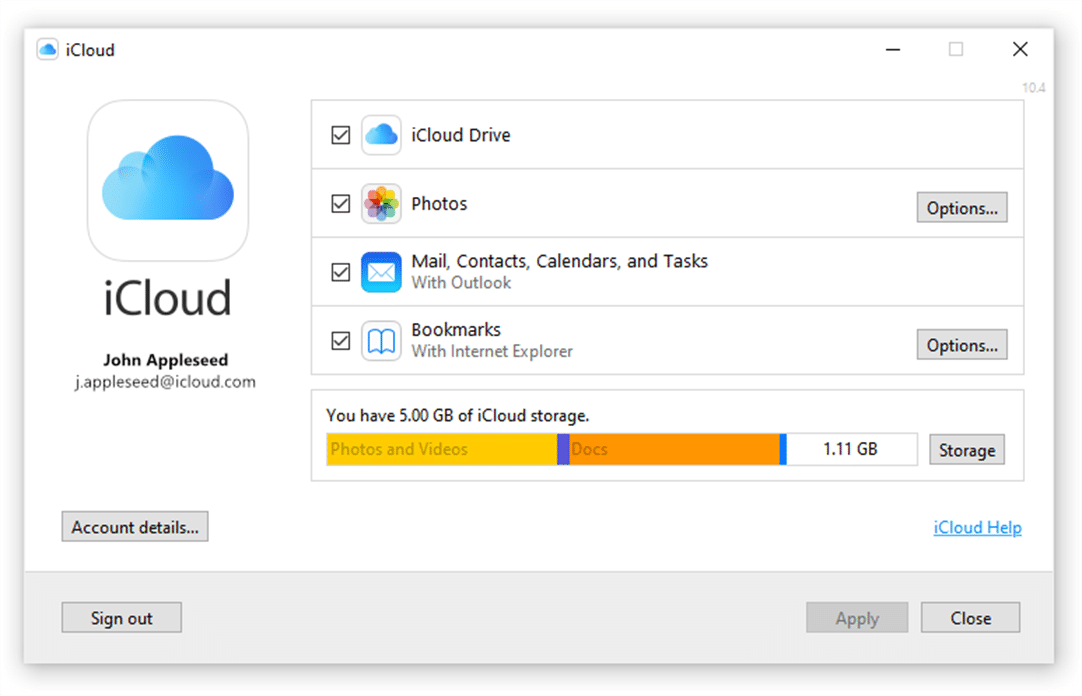
Best Windows 10 apps this week
Three-hundred-and-thirty-nine in a series. Welcome to this week's overview of the best apps, games and extensions released for Windows 10 on the Microsoft Store in the past seven days.
The Windows 10 version 1903 feature update is available. You may want to check out Wayne's guides on rolling back to an earlier version and freeing up disk space after upgrading.

Google Photos will soon stop syncing to Google Drive
If you have come to rely on Google Drive to automatically backup the images you have in Google Photos, you may have to find another option very soon. Google has announced that as of July, the way Google Drive and Google Photos integrate with each other is changing.
In short, Google Photos will no longer be automatically synchronize with Google Drive. The change is coming because Google says it has, "feedback that the connection between these services is confusing".

Security software is causing Firefox users to lose saved passwords
Firefox users are reporting that their saved passwords have been lost, with the problem seemingly caused by antivirus software rather than being an issue with Firefox itself.
Antivirus software such as Avast and AVG appears to be corrupting the file in which Firefox stores passwords, rendering it unreadable. Thankfully, passwords can be recovered, but -- for the time being --- they will be corrupted again when you restart your computer.

Hacker hits Symantec and accesses passwords
Security firm Symantec was attacked by a hacker back in February, but the company did not reveal details of the incident.
The attack has been brought to light by Guardian Australia which has seen some of the data extracted by hackers. This comprises not only passwords, but what is thought to be a list of Symantec clients -- including government agencies. But Symantec is downplaying the data breach, dismissing it as a "minor incident".

Chrome 76 makes it easier to get around paywalls
Google is busy working away on Chrome 76, and the beta version of the browser includes a change that will please anyone looking to bypass paywalls and view articles for free.
Many people switch to Incognito Mode, aware that this makes it possible to access paywalled articles on sites such as the New York Times. Many sites offer a number of free articles to non-paying visitors, and using this mode makes it impossible to determine whether you have reached your free article limit or not. As such, some sites blocked access to anyone using Incognito Mode -- but Chrome 76 has a trick up its sleeve.
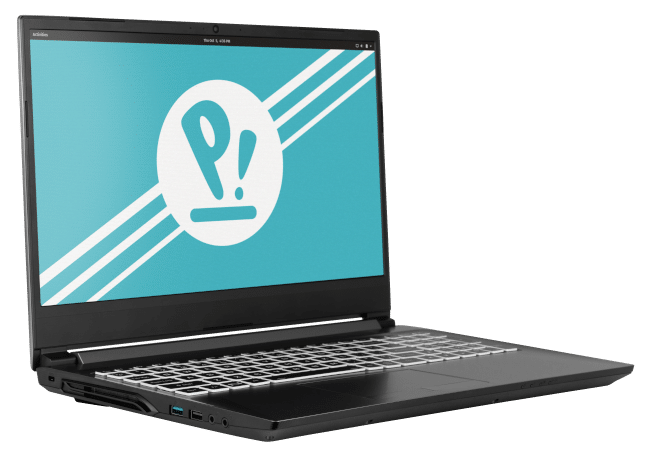
System76's supercharged Linux-powered Gazelle laptop is finally available
Today is Thursday, which is one of the worst days of the week. I mean, I suppose it is better than Monday, Tuesday, and Wednesday, but it can't hold a candle to Friday, Saturday, or Sunday -- otherwise known as the weekend. So, yeah, Thursday is typically not something to get excited about.
With all of that said, today is a pretty special Thursday for the Linux community. Why? Well, the System76 Gazelle laptop is finally available! This is a laptop we reported on last month, and at the time, System76 only promised it would be available in June 2019. Well, June 13 of 2019 is apparently the exact day it goes on sale, as you can get it now.
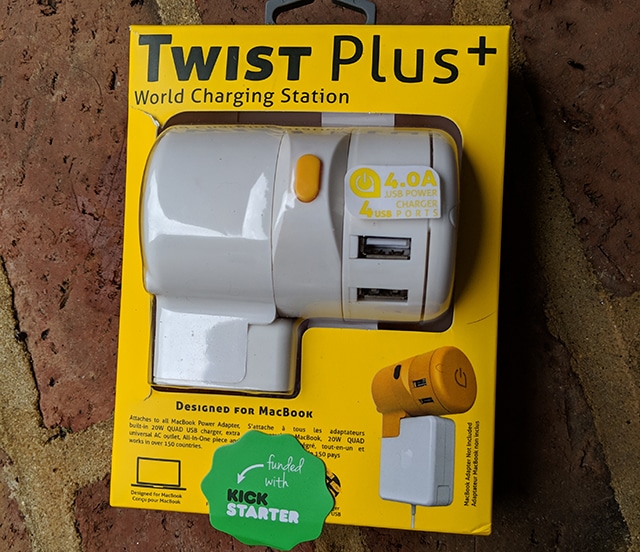
Get a charge anywhere in the world with Twist Plus for MacBook [Review]
One thing we have not yet left behind as a society is charging cords. There’s "wireless" charging and a few other interesting attempts, but for now we’re all mostly tied to a USB cable with some sort of plug on the other end -- Micro USB, USB-C, Lightning, etc.
That can become a serious problem in several situations. For instance, ever try to find a free plug in a busy airport? Well, we can’t help you there, but we do have a solution for another situation. That is foreign countries. It seems wherever you go the outlet is different.

Organizations urged to patch for BlueKeep as latest malware charts are revealed
Check Point Research, has released its Global Threat Index for May 2019 and is warning organizations to check and patch for the BlueKeep Microsoft RDP flaw in Windows 7 and Windows Server 2008 machines, to prevent the risk of it being exploited for ransomware and cryptomining attacks.
BlueKeep affects nearly a million machines accessible to the public internet and many more within organizations' networks. The vulnerability is critical because it requires no user interaction in order to be exploited. RDP is already an established, popular attack vector which has been used to install ransomware.

Computer downtime is biggest workplace irritant
Computer downtime ranks as the most significant irritant in the workplace according to a new survey.
The study of employees at 500 UK businesses carried out by YouGov for Cherwell Software finds 41 percent naming downtime, ahead of forgotten passwords (23 percent), the lack of parking spaces (22 percent) or stolen meeting rooms (15 percent).

CERN is moving away from expensive Microsoft software and embracing open source
CERN -- the European Organization for Nuclear Research best known for its particle smashing Large Hadron Collider -- has decided to eschew Microsoft in favor of open source software.
For many years, CERN benefited from hefty discounts on Microsoft products, but this is coming to an end. Rather than paying hugely increased licensing fees, the organization is instead implementing its own Microsoft Alternatives project, known as MAlt. CERN says it is "taking back control using open software".



